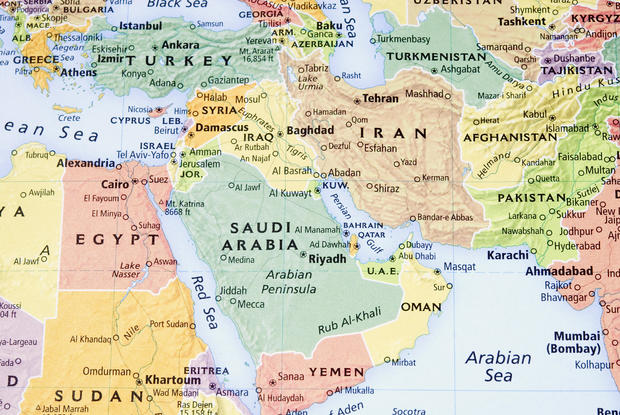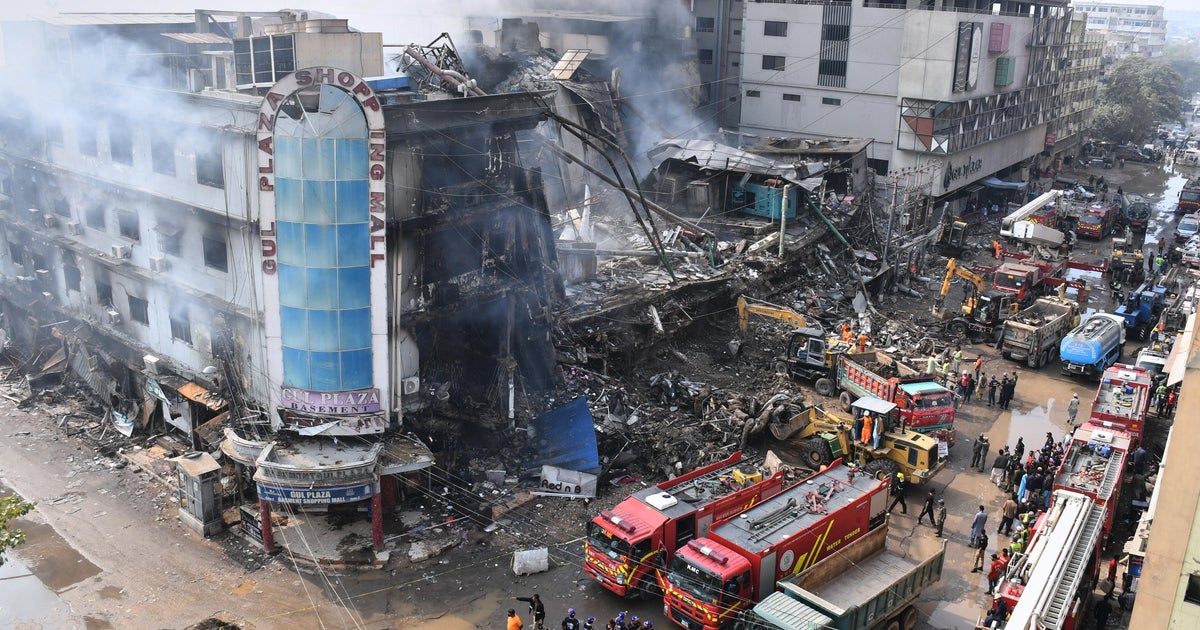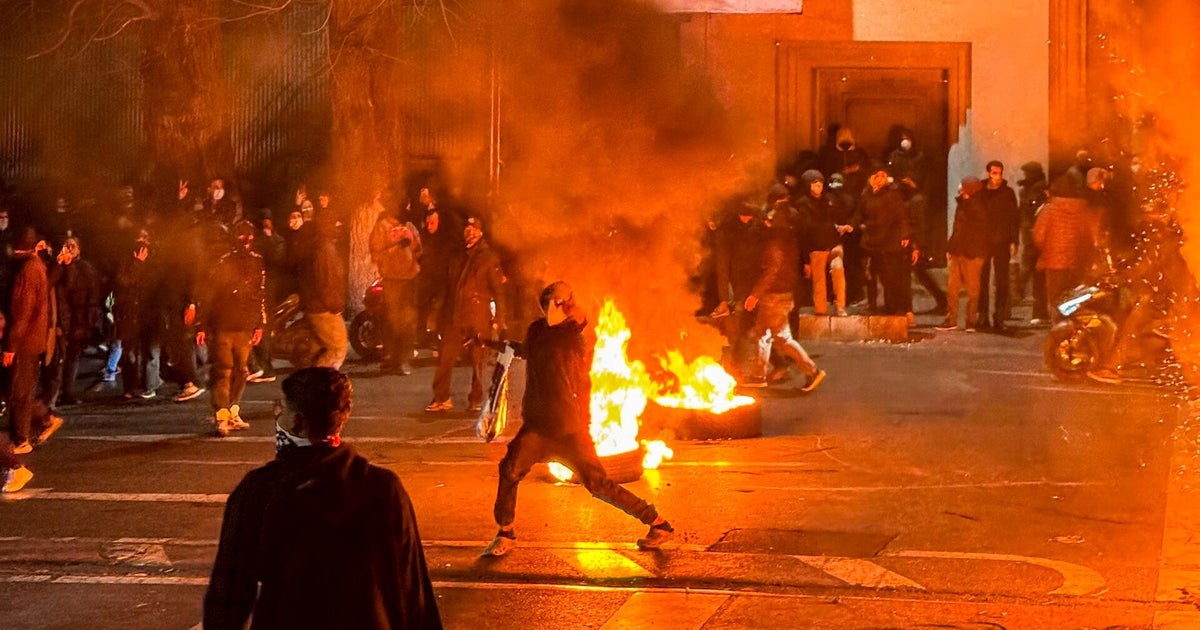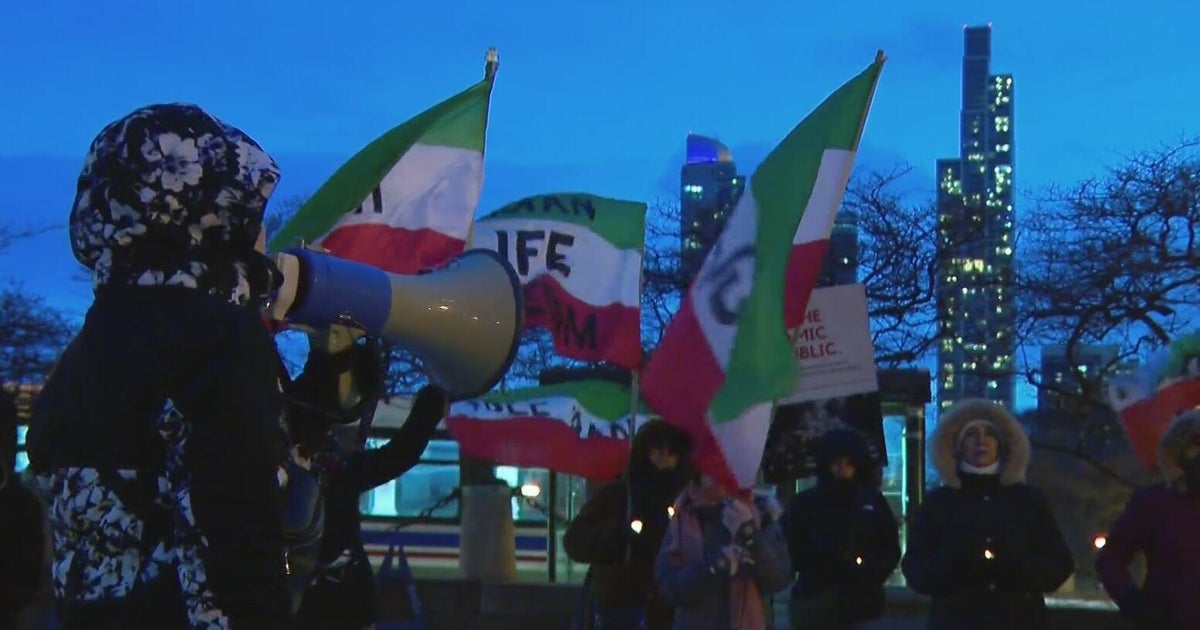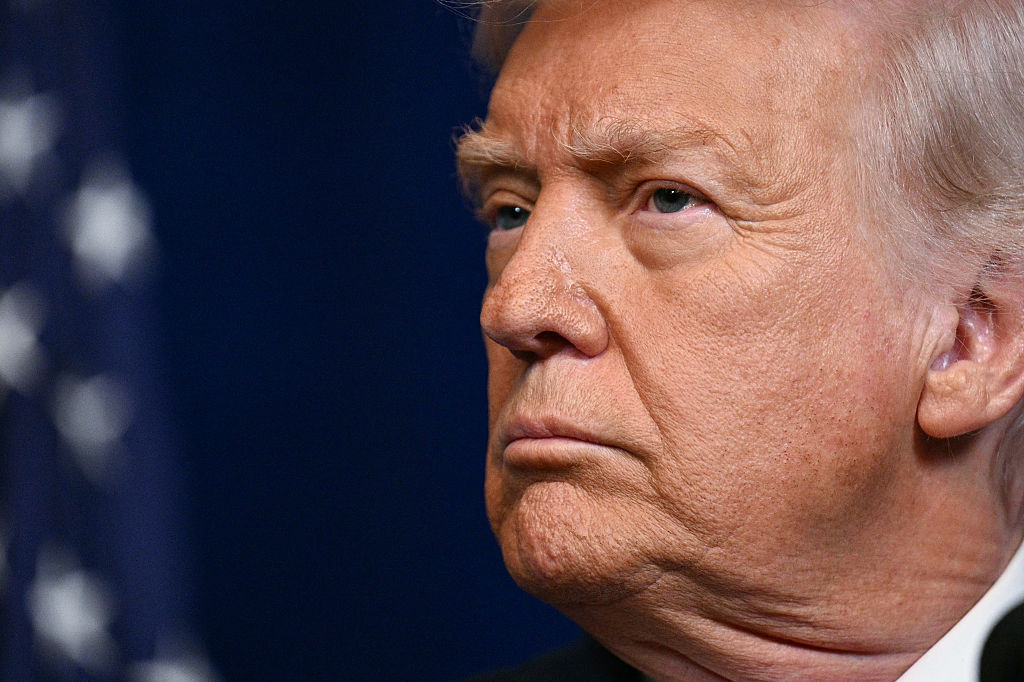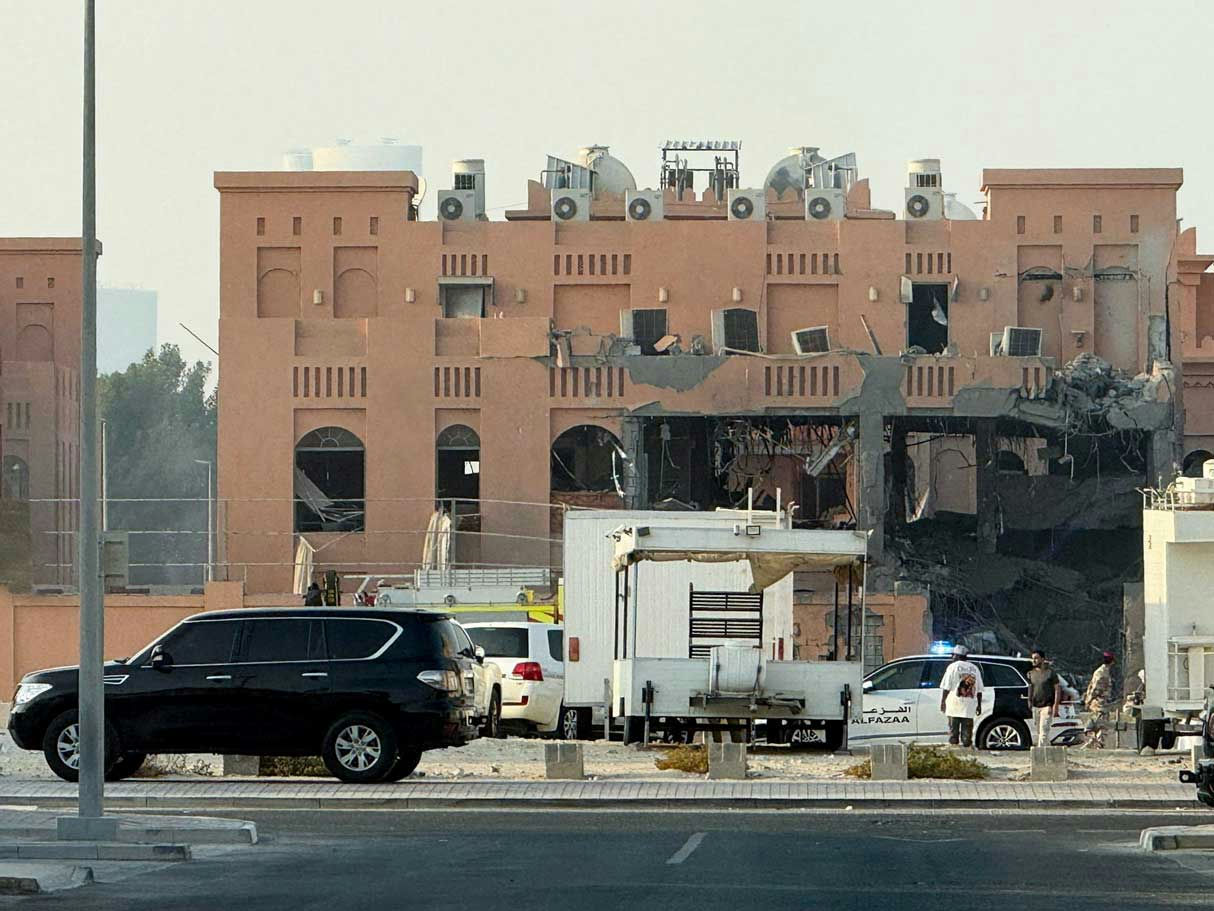Pakistan attacks "terrorist hideouts" in Iran as neighbors trade fire
Pakistan carried out "a series of highly coordinated and specifically targeted precision military strikes" in Iran early Thursday, its foreign ministry said in a statement. The attacks came two days after Iran conducted similar strikes in Pakistan.
"This morning's action was taken in light of credible intelligence of impending large-scale terrorist activities," Pakistan's Foreign Ministry said in the statement, calling the strikes "a manifestation of Pakistan's unflinching resolve to protect and defend its national security against all threats."
Thursday's attack appeared to have targeted the Baluch Liberation Army, an ethnic separatist group that has operated in the border region between Pakistan and Iran for over 20 years, The Associated Press reported. The death toll from the Pakistani missile strike stood at nine, according to the deputy governor of Iran's Sistan and Baluchestan province, who said on Iranian state TV that four children, three women and two men were killed in the early morning attack.
Iranian Foreign Ministry spokesman Nasser Kanaani condemned the Pakistani strikes, saying the ministry had summoned the chargé d'affaires of Pakistan in Tehran to communicate Iran's official protest and to seek clarification from Islamabad.
The Pakistani Foreign Ministry said it had "consistently shared its serious concerns about the safe havens and sanctuaries enjoyed by Pakistani origin terrorists" in the region for several years, and that it acted due to a "lack of action on our serious concerns." Its statement did not mention the Iranian missile strikes on Pakistani territory from two days earlier.
On Tuesday, Iran said its Revolutionary Guard force had struck targets in Pakistan belonging to the Sunni Muslim militant group Jaish al-Adl, also based along the border between the two nations. Islamabad angrily condemned that attack, saying two children were killed in the strikes.
Iran-Pakistan strikes linked to the Israel-Hamas war?
The apparent tit-for-tat strikes further strain diplomatic relations between Iran and nuclear-armed Pakistan, as both countries face their own internal pressures. The neighbors share a 560-mile border, which is largely lawless and where smugglers and militants pass relatively freely.
"The two countries have a complicated relationship, but they always got along and managed that relationship perfectly well, and there's nothing that really changed there," former U.K. Ambassador to Iran, Rob Macaire, told CBS News partner network BBC News. "On the Pakistani side, with these strikes having been fired into their territory, I can see that domestically it would be very difficult not to seem to be responding, as there is an issue with national pride and domestic policy as well. And also it would seem that, having done that, both sides can seem to say that they are satisfied," Macaire said.
Iran is also under intense international pressure over its support for the Palestinian militant group Hamas, and its other proxy groups across the Middle East, amid the ongoing war between Hamas and Israel. Fears have been voiced for months that the war, sparked by Hamas' Oct. 7 terror attack, could spill over into other countries across the region.
"Iran is obviously seeking to take advantage of the instability in the region, but I do think also there are domestic
reasons why it would be seem to want to be able to hit terrorist and militant groups and fight Pakistan," Macaire said. "Cross-border attacks are very serious, and I think that we need to take a step back and say that this is not Iran and Pakistan attacking each other, it is between groups in each other's countries that there have been issues about for some time on both sides."
Iran also conducted airstrikes late Monday in both Syria and Iraq, saying they were retaliation for a suicide bombing that killed more than 90 people earlier in January, which was claimed by ISIS.
Other Iranian proxy groups, most notably Hezbollah in Lebanon and the Houthi rebels in Yemen, have lashed out with their largely-Iranian provided weapons since Oct. 7. Hezbollah has exchanged fire regularly with Israeli forces over Lebanon's southern border, and the Houthis continue carrying out attacks on commercial vessels in the Red Sea despite counter-strikes by the U.S. and Britain.
"Iran is a serious threat. The nuclear threat has not gone away, and the regional behavior has obviously been exacerbated recently," Macaire said. "So, I think we need to be very, very alert to that and make sure we are working closely with allies to contain that threat."

